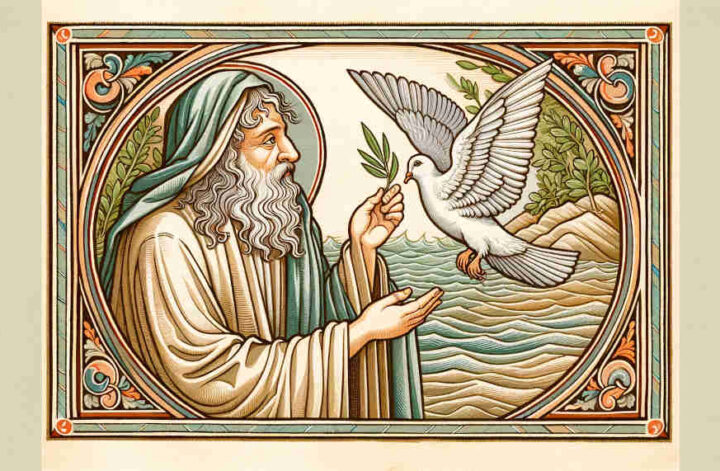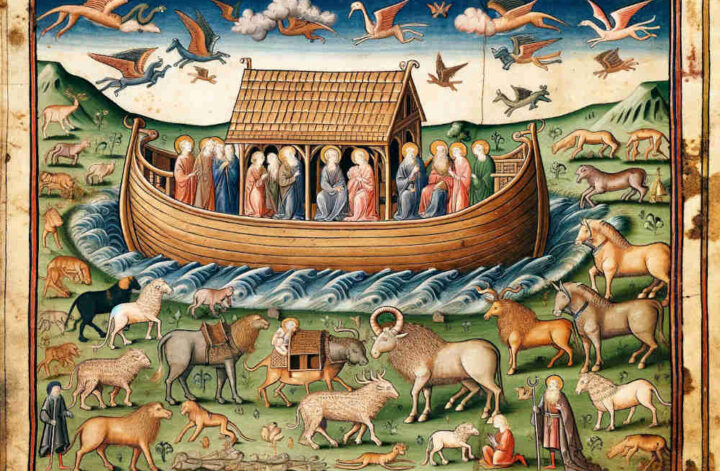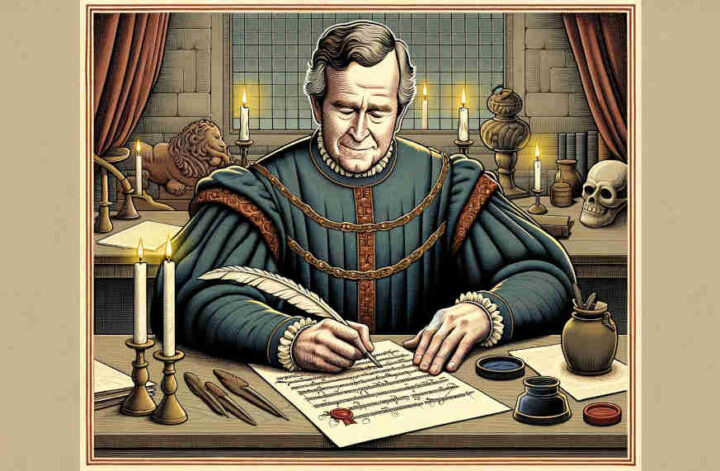Your interest in the Noahide path reflects a sincere pursuit of spiritual and ethical living. Let me guide you through the process of becoming a Noahide.
Understanding the Noahide Laws:
First and foremost, it is important to understand the Seven Noahide Laws, which are a set of universal moral principles. These include prohibitions against idolatry, blasphemy, murder, theft, sexual immorality, eating flesh from a living animal, and the command to establish just legal systems. These laws are derived from the Torah and are regarded as the basic standards of morality and righteousness for all humankind.
Personal Commitment:
Becoming a Noahide is primarily a matter of personal commitment rather than undergoing a formal conversion process as in Judaism. This commitment involves embracing the Seven Noahide Laws as your guide for living a righteous and ethical life. It is about making a conscious decision to live in a way that upholds these universal values.
Study and Learning:
Engaging in study and learning is a vital aspect of being a Noahide. This includes learning about the Seven Laws themselves, their implications, and how they apply to daily life. You may seek out resources like books, online materials, or communities that can provide insights and guidance on Noahide living.
Community and Support:
While being a Noahide is a personal journey, connecting with a community can provide support, fellowship, and opportunities for communal worship and service. There are Noahide communities and organizations that you can join to be a part of a larger group of like-minded individuals.
Living the Principles:
Ultimately, becoming a Noahide is about living out the principles of the Noahide Laws in your everyday life. This means not only abstaining from the prohibited actions but also actively pursuing justice, kindness, and ethical behavior in your interactions with others and in your personal conduct.
Sarah, your journey towards embracing the Noahide path is commendable. It is a journey of continuous growth, learning, and application of universal ethical principles. May your path be blessed with wisdom, understanding, and fulfillment.
Warm regards,
Rabbi Joshua


